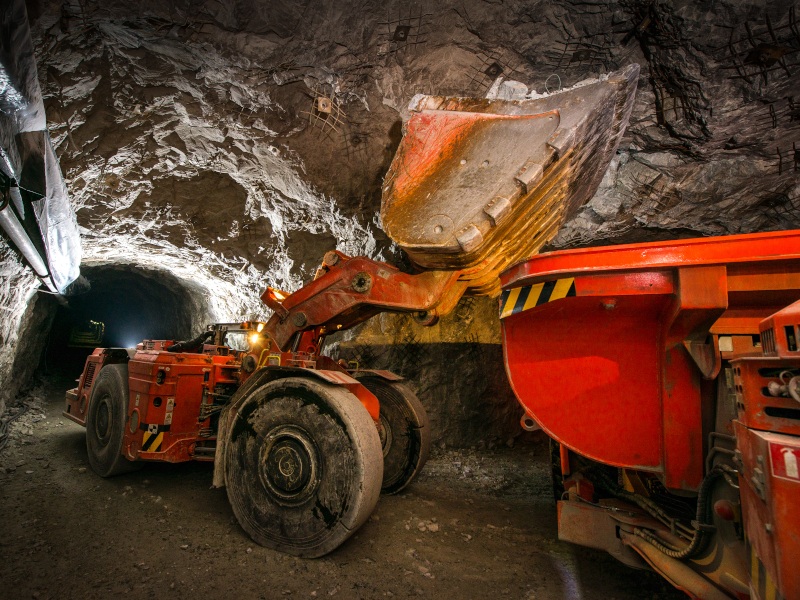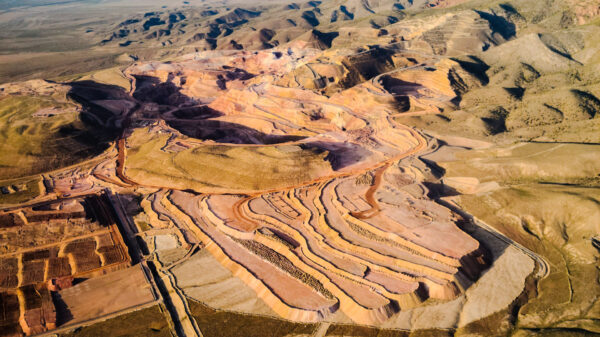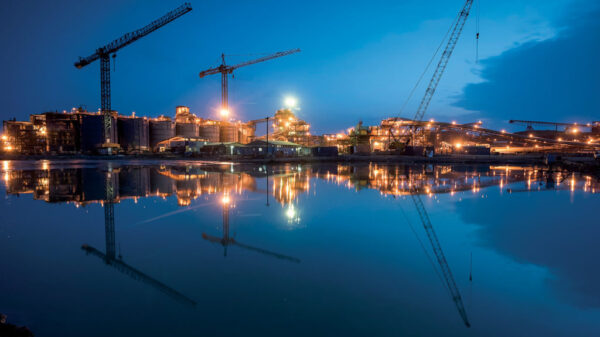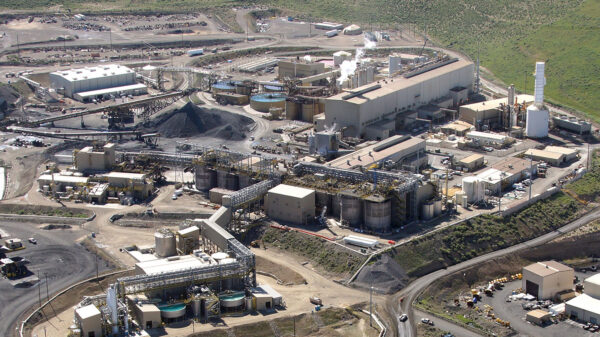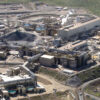Three gold producers, including London-listed Endeavour Mining PLC (TSE: EDV) (OTCMKTS: EDVMF), have agreed to adopt Mali’s controversial new mining code, marking a key turning point in a months-long standoff that has unsettled the country’s mining sector.
Mali’s Finance Minister Alousseni Sanou and Minister of Mines confirmed the agreement during a televised address late Monday.
They announced that Somika SA—80 per cent owned by Endeavour and 20 per cent by the Malian state—along with Faboula Gold and Bagama Mining, signed a memorandum of understanding to operate under the revised mining code.
However, the government did not disclose the specific terms of these agreements.
Enacted in August 2023, the mining code increases the government’s stake in mining projects and raises taxes. The transitional military-led government pushed for these changes under the banner of resource sovereignty and national development. However, the move sparked widespread resistance among mining companies and led to a decline in production. Mali’s gold output fell by 23 per cent in 2024, dropping to 51 metric tons.
While the three producers represent a small portion of total national output, their compliance signals a shift. Both Faboula Gold and Bagama Mining began operations in 2021, each producing only 500 kilograms. Somika’s Kalana project has yet to start production. These projects have remained largely inactive since the new law came into effect.
Now, Somika Director Abdoul Aziz says construction of the Kalana mine will begin within six months, with production to follow 18 months later. Minister Sanou noted that the mine has a 10-year projected lifespan and could generate 135 billion CFA francs (approximately USD$238.9 million) in annual revenue.
Read more: NevGold closes its Nutmeg Mountain acquisition with Goldmining for $3 million
Read more: NevGold’s long intervals of antimony & gold mineralization turn heads
The Mali government is intent on reshaping the sector
Additionally, the government expects Faboula Gold and Bagama Mining to contribute significantly. Each mine will operate for five years and generate annual revenues of 75 billion and 50 billion CFA francs, respectively. Together with Somika’s project, all three sites will create approximately 2,000 jobs each, directly boosting local employment and economic activity.
The government of Mali appears intent on reshaping the mining sector. Last month, the government completed takeovers of the Yatela and Morila gold mines, which had been abandoned by foreign operators. Furthermore, these moves reflect a broader strategy to gain greater control over the nation’s mineral wealth.
However, not all major players have agreed to the new terms. Barrick Mining Corp (TSE: ABX) (NYSE: B), Mali’s top gold producer, continues to resist the revised code. In January 2025, Barrick halted operations at its Loulo-Gounkoto complex after the government seized stored gold stocks. The site is one of Mali’s most productive and previously accounted for around 15 per cent of Barrick’s total global output.
In response, Barrick initiated arbitration proceedings with the World Bank’s International Centre for Settlement of Investment Disputes (ICSID). The legal battle adds further uncertainty to the sector and underscores the risks of operating in Mali under the current regime.
Conversely, for the smaller firms now choosing to comply, the agreement may allow progress after months of limbo. These companies appear to have accepted the trade-off between higher government involvement and the chance to move forward with development.
.
NevGold Corp is a sponsor of Mugglehead news coverage
.

